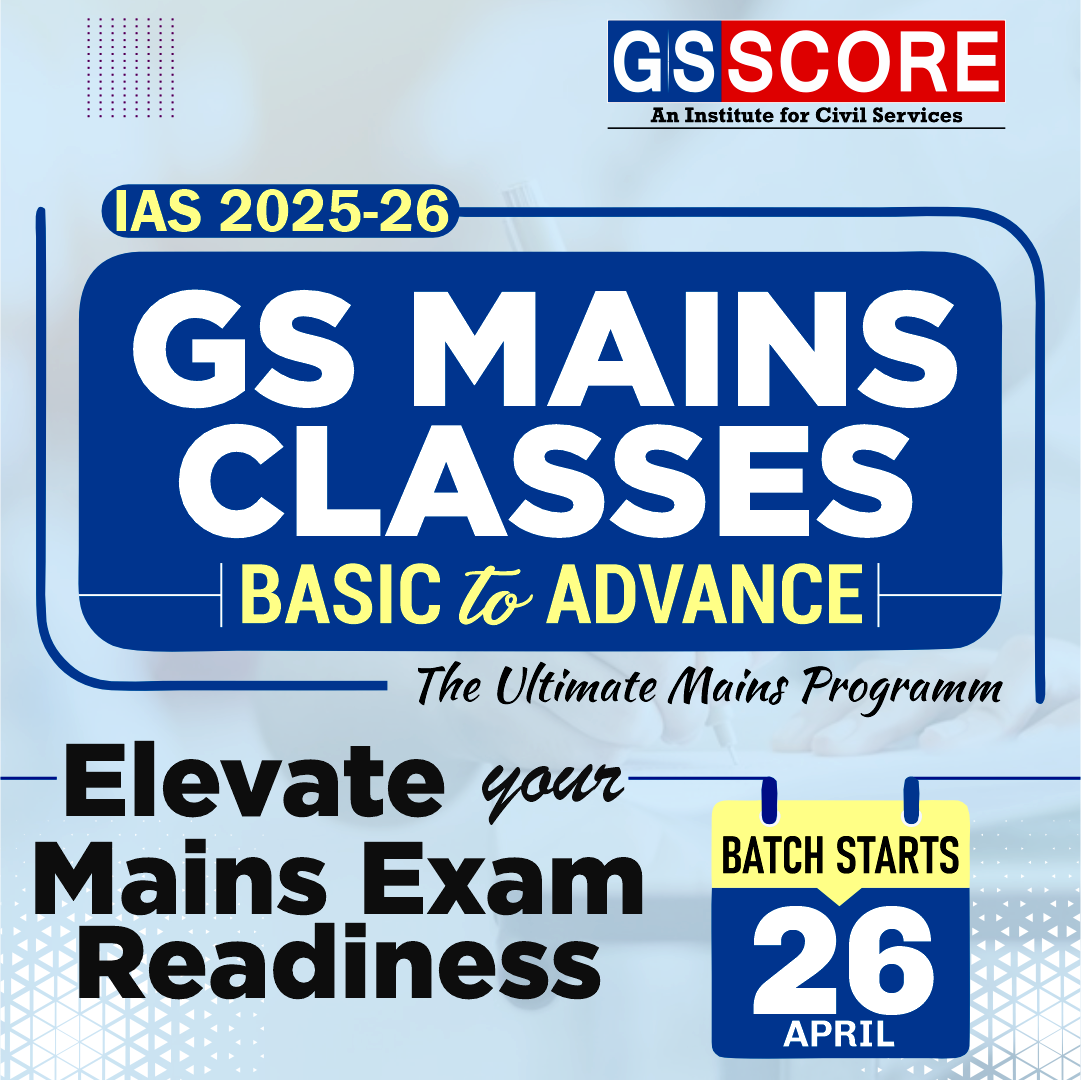Application of Right to Education Act on faith schools in India
Context
Supreme Court of India refused to intervene in a petition filed seeking the deletion of particular sections in Right to Education Act, 2009 that excluded Vedic pathsalas, madarssas and institution imparting religious education from its ambit.
Analysis
What was the petition about?
- Advocate Ashwini Kumar Upadhyay had filed a petition in the Supreme Court of India challenging the validity of Sections 1(4) and 1(5) of the Right to Education Act, 2009.
|
Right to Education Act, 2009- Officially known as The Right of Children to Free and Compulsory Education Act, is an Act of the Parliament of India enacted on 4 August 2009, which describes the modalities of the importance of free and compulsory education for children between the age of 6 to 14 years in India under Article 21A of the Indian Constitution. Section 1(4) of RTE Act, 2009- The Act doesn’t apply to minority education institutions. Section 1(5) of RTE Act, 2009- The Act doesn’t apply to Vedic Pathsalas, Madarssas and Institutions imparting religious education. |
- The petitioner called the above two sections as arbitrary and irrational and hence was seeking their removal.
- The petitioner stated that keeping Vedic pathsalas, madarssas and institutions imparting religious educations out of the purview of Right to Education Act, 2009 (Sections 1 (4) and 1(5)) was in violation of the Indian Constitution.
- According to the petitioner, keeping the above institutes out of the purview of Right to Education Act infringed Articles 14, 15, 16, 21 and 21A of the Indian Constitution.
- Petitioner said that Right of a child should not be restricted only to free education without discrimination on the ground of child’s social, economic and cultural background.
|
Provision of Indian Constitution discussed above: Article 14- Right to equality and equal protection of law Article 15- Prohibition of discrimination Article 16- Right to equal opportunity in the matter of public employment Article 21- Right to Life and Personal Liberty Article 21A- Right to Education |
What was the response of the Supreme Court?
- The above petition was heard by the Supreme Court’s Bench of Justices L. Nageshwar Rao and B. R. Gawai.
- The Bench did not entertain the petition.
- It was stated by the Bench that the Right to Education Act was framed 12 years ago and there was no need for its urgent hearing by the Supreme Court of India.
- Supreme Court therefore asked the petitioner to get the Act examined by the High Court first. This, the Bench said, would give it the benefit of HC’s judgement.





